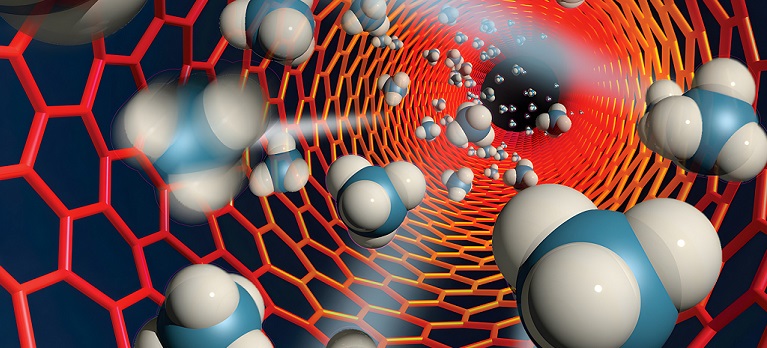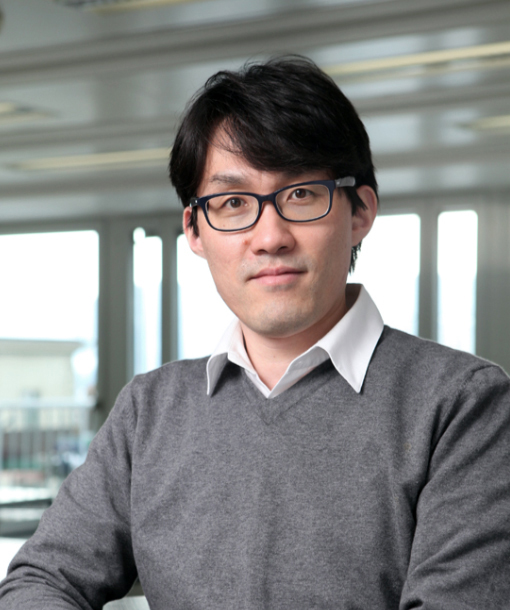

- HOME
- People
- Professor
Professor

Contact
- Address: Mechanical Engineering Laboratories Building 311, 77 Cheongam-ro, Nam-gu, Pohang, Gyeongbuk, Korea 37673
- Office: +82-54-279-2175
- E-mail: parkhg@postech.ac.kr
Hyung Gyu Park joined POSTECH in December, 2018, as a Full Professor in the Department of Mechanical Engineering.
After an earlier preparation of science in Seoul Science High School, he entered Seoul National University in 1992 and received B.S. and M.S. in Mechanical Engineering in 1998 and 2000, respectively, including 2 years of military service. His M.S. thesis was about the numerical treatment of axisymmetric flows in Cartesian coordinate system, motivated by Hemodynamics simulation of an artery. After working another year in SNU Institute of Advanced Machinery and Design, he went to University of California Berkeley, U.S., and worked on two research topics under the financial support from Lawrence Livermore National Laboratory (LLNL): ① microfluidic fuel processor for a micro fuel cell system and ② mass transport in carbon nanotubes (CNT). His research on mass transport in carbon nanotubes received an academic spotlight in the form of a cover article of Science in May 2006. Since then, the article has been one of the most frequently cited chemistry articles in the journal. Upon receiving his Ph.D. in 2007, he joined LLNL as a postdoctoral research staff member and carried out research projects in the fields of CNT nanofluidics and surface enhanced Raman spectroscopy, etc. He spent 10 years (2009-2018) as a faculty member of the depantment of Mechanical and Process Engineering at the Swiss Federal Institute of Technology (ETH) Zurich, with working an carbon nanomaterials and nanomanufactuely for explezy a new field Carbon Nanofluidic and apply to energy and clean technologies
Prof. Park's research program at POSTECH focuses on Nanoscience for Energy Technology and Sustainability. The program utilizes a variety of carbon nanofluidic platforms and other nanostructures to study basic properties of transport under extreme confinement commensurable with transporting molecules’ own sizes. Decorated with functional materials, those platforms could find a wide range of applications from chemical separation, desaliafrom and fuel cells to highly sensitive, nondestructive sensors. Those new findings of energy technology have a potential for addressing our future sustainability issues.





